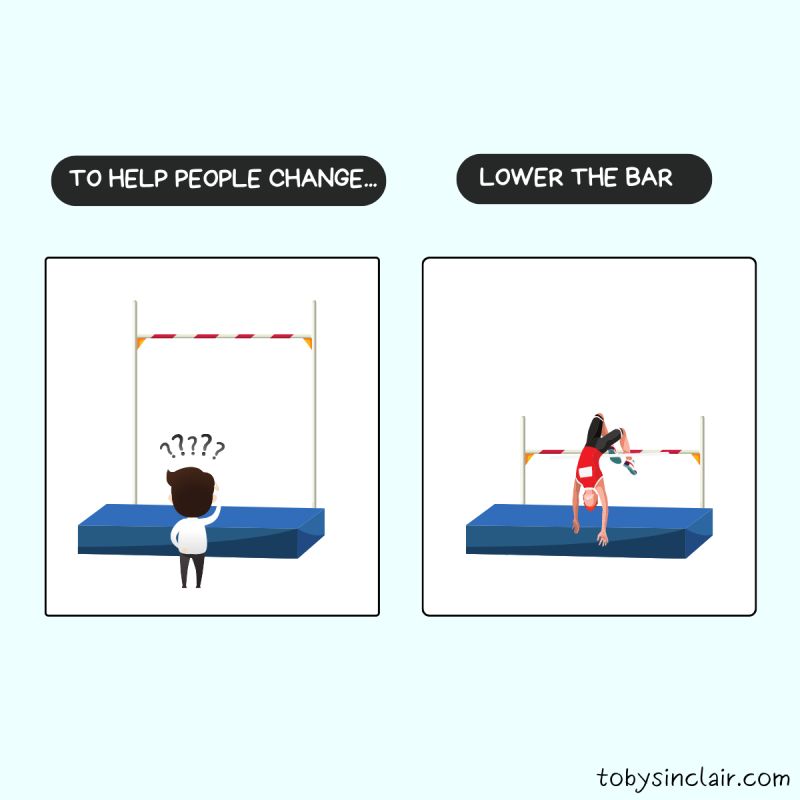You don’t hear many fitness professionals or boutique gyms encouraging this, but it’s only because lying and deciving sells better (initially).
“The everyday person has a very misconstrued perception of ‘fitness’.
Many use difficulty, fatigue, & soreness as barometers to gauge effectiveness.
Most don’t sustain the discipline of fitness because they are trying to hit homeruns.
Fitness is a game of sustained singles.”
-Ray Zingler on X
I am no guru, but I do study, practice, and coach others in this discipline every day of my life and have done so for as long as I can remember.
I’m certainly not the most qualified guy on the face of the earth, either, but helping others with fitness has kept my family warm, dry, and fed for my entire adult life.
One of the biggest mistakes I see people make, especially as they embark on their fitness journeys, is the act of trying to do too much.
Many people go from not doing much of anything at all to thinking they need to try to win the work out Olympics next week.
This mindset is very common for beginners, but a poor one to have because as the old adage states, fitness is a marathon, not a sprint.
If you want to graduate from beginner, to intermediate, and dare I say “advanced” (I mean this more from a training tenure perspective than I do being the best at a complex exercise) then it’s going to be critical to chase not the work out, but the building of a lifestyle enhancement.
I truly do understand why beginners chase these silly constructs: difficulty, fatigue, and soreness (the exact things that as you get more experienced, you work very hard to avoid, lol).
It’s because they desire to “feel it”. They want to outdo themselves and what they did “the last time”. The problem with this line of thinking is that by trying to constantly “up” it, people eventually hit a wall. And that wall is unrelenting. It’s also very good at defeating motivation which is the primary action lever for beginners who have not yet built up a real discipline (for training) yet.
This is why with ALL my clients; I encourage a slow and steady race.
It’s not because I want to limit them. It’s because I want to see training, fitness, whatever you want to call it become a part of who they are.
There is a reason those “quiet” ball players who consistently hit singles end up in the Hall of Fame.
We need to teach folks that fitness is far less about the Sportscenter Top 10 highlights, and more about the routine singles that go unseen.



